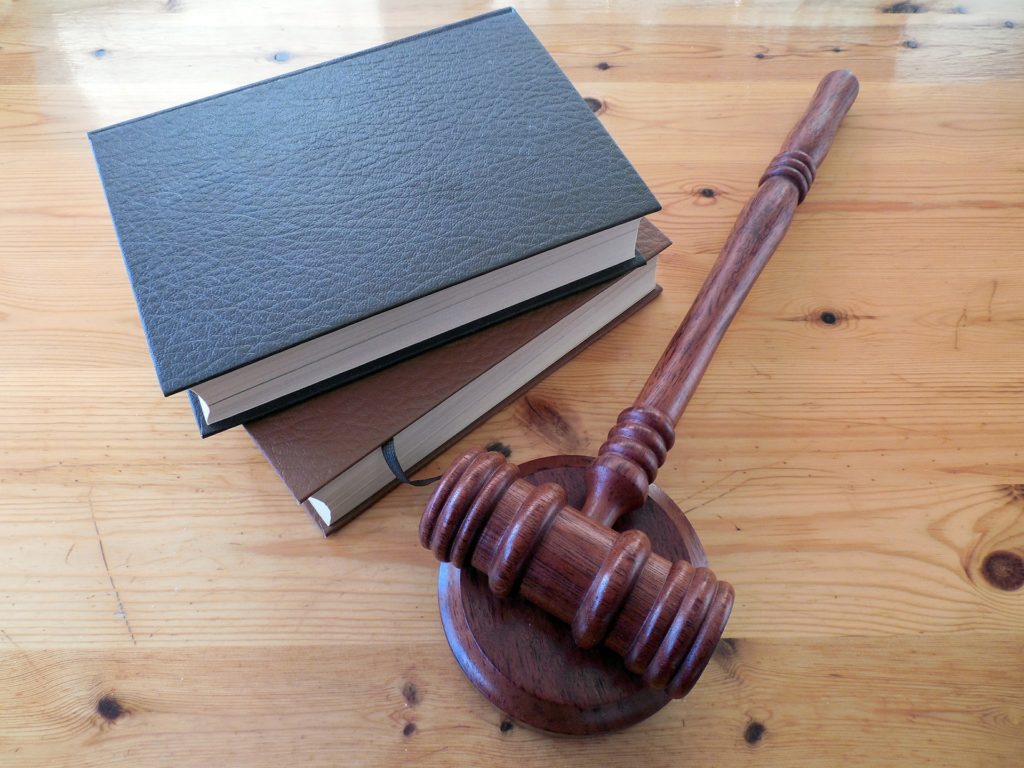Eminent Domain and Attorneys’ Fees: The Case for Excessive Litigation
Reading Time: 4 minutes
In Florida, recovery of attorneys’ fees in eminent domain and inverse condemnation proceedings is governed by Sections 73.091 and 73.092 of the Florida Statutes. Section 73.092 provides a mechanism for determining an award of attorney fees, based on the “benefits achieved for the client.” But, what if the state agency/condemning authority excessively litigated the case, such that the formulaic computation under that statute was unfair to the property owner? A recent Florida Supreme Court case addressed this issue. Joseph B. Doerr Trust v. Central Florida Expressway Authority.
In Doerr Trust, the Central Florida Expressway Authority (Authority) submitted a pre-suit offer to the property owners to purchase real property for $4,914,221. The owners rejected the offer, and the jury determined the real property was worth $5,744,830. The owners then moved for attorneys’ fees, and the Authority sought to limit the award to the “benefits achieved” under 73.092(1). This meant that attorneys’ fees should be $227,652.25. The property owners argued that the fees should be computed based on section 73.092(2), requiring the court to consider qualitative and quantitative factors to determine the amount of attorneys’ fees. The trial court determined the Authority’s pre-suit offer was too indefinite to calculate the benefits achieved (under 73.092(1)) and, instead, used Section 73.092(2) to calculate the fee award. Thereafter, the trial court entered a fee award of $816,000 in favor of the owners.
The appellate court reversed, holding the owners’ fee award was limited to those allowable under 73.092(1). However, the appellate court remanded the case for consideration of the owners’ claim that the “benefits achieved” formula violated their constitution right to full compensation because the “Authority caused excessive litigation.” In doing so, the appellate court noted the case had been “over litigated.”
On remand, the trial court found the Authority engaged in a clear pattern of excessive litigation, stemming from an expert hired by the Authority and time spent in depositions. The trial court held that 73.092(1) was unconstitutional, as applied, because it operated to deny the owners their right to full compensation. The trial court then determined the fee award of $816,000 was appropriate under 73.092(2) and (3).
The appellate court again reversed the trial court, holding the fee award of $227,652.52 was appropriate. However, in doing so, the appellate court certified the following question to the Florida Supreme Court:
IN AN EMINENT DOMAIN PROCEEDING, WHEN THE CONDEMNING AUTHORITY ENGAGES IN LITIGATION TACTICS CAUSING EXCESSIVE LITIGATION AND THE APPLICATION OF THE STATUTORY FEE FORMULA RESULTS IN A FEE THAT COMPENSATES THE LANDOWNER’S ATTORNEYS AT A LOWER–THAN–MARKET FEE, WHEN MEASURED BY THE TIME INVOLVED, IS THE STATUTORY FEE DEEMED UNCONSTITUTIONAL AS APPLIED, ENTITLING THE LANDOWNER TO PURSUE A FEE UNDER SECTION 73.092(2)?
In addressing this question, the Florida Supreme Court noted the goal in eminent domain proceedings is to render the private property owner as whole as possible. The Court emphasized the importance of “fair play in eminent domain proceedings because of the inherent disadvantage to the property owner.”
The Supreme Court found where the condemning authority is responsible for excessive litigation, the application of 73.092(1), to limit a fee award, puts property owners at a considerable disadvantage and denies owners their right to full compensation. In circumstances of “excessive litigation” by the condemning authority, the trial court should use 73.092(2) to calculate the amount of attorneys’ fees, but only as to those hours spent/incurred in defending against the excessive litigation. The remainder of the fee should be calculated pursuant to the “benefits achieved” formula of 73.092(1). The Supreme Court remanded the case back to the trial court to conduct an evidentiary hearing to determine the total attorney fees based on both the benefit achieved and the portion of the work attributable to excessive litigation.
Doerr Trust has interesting implications for eminent domain and inverse condemnation cases. If the condemning authority excessively litigates such cases, the result could be greater attorneys’ fees award to prevailing property owners.


